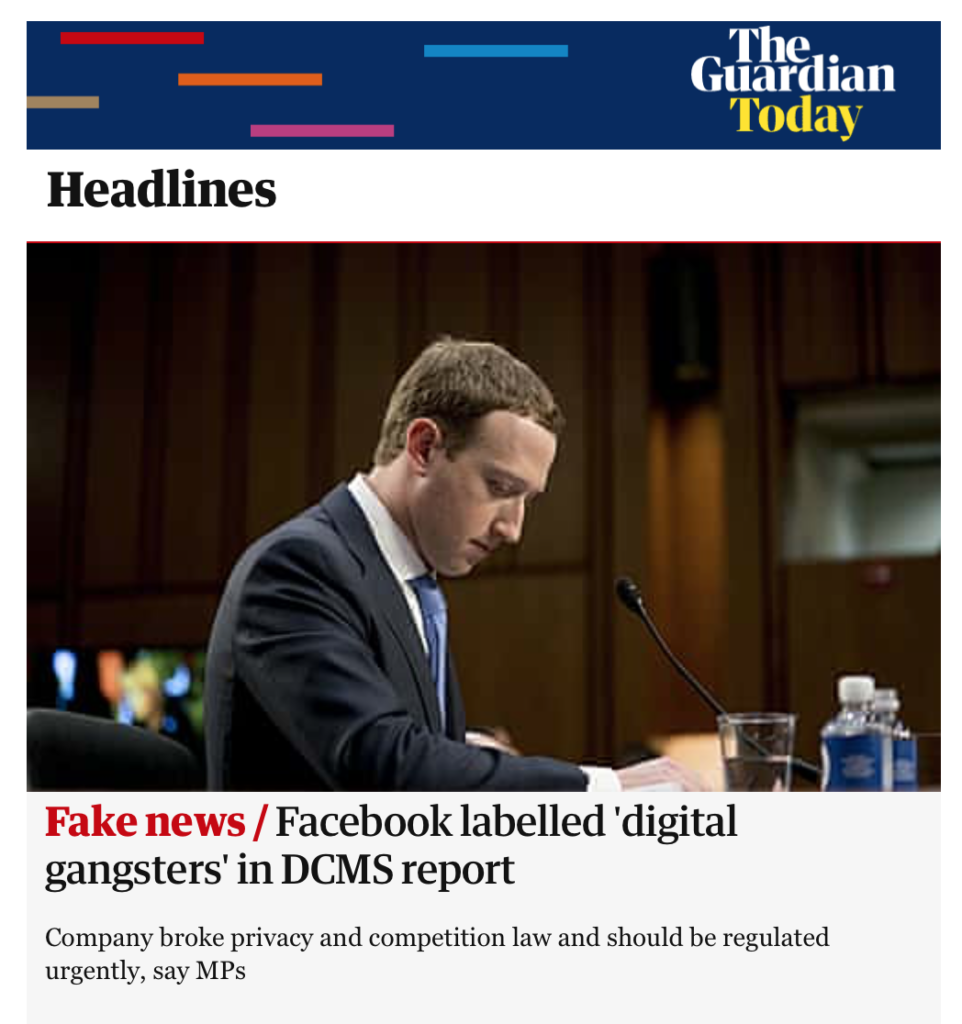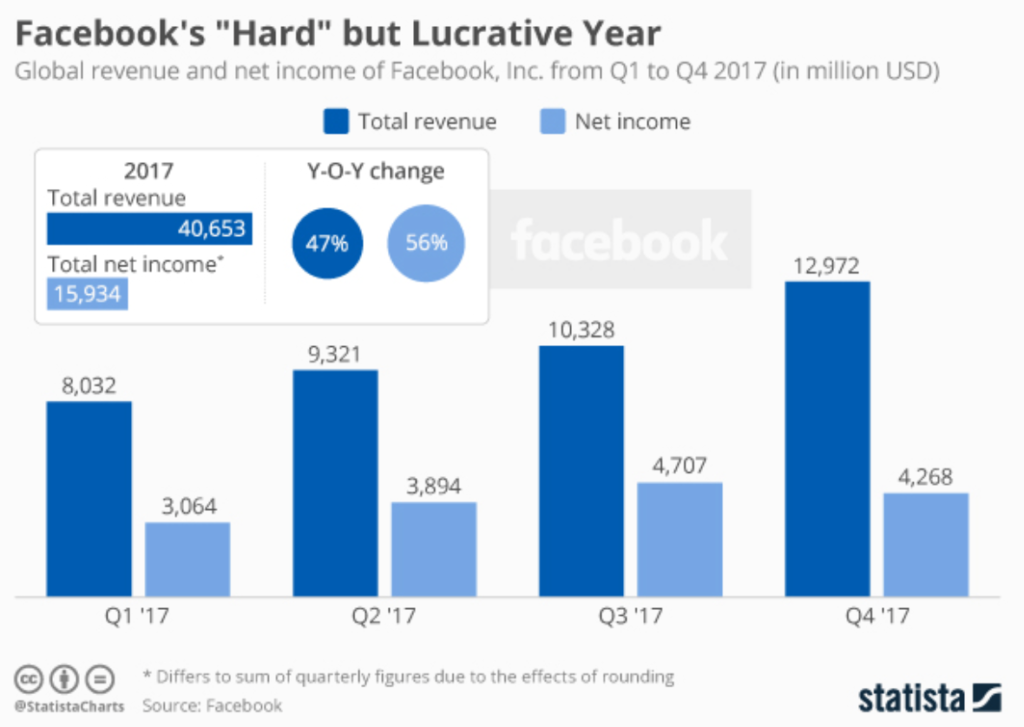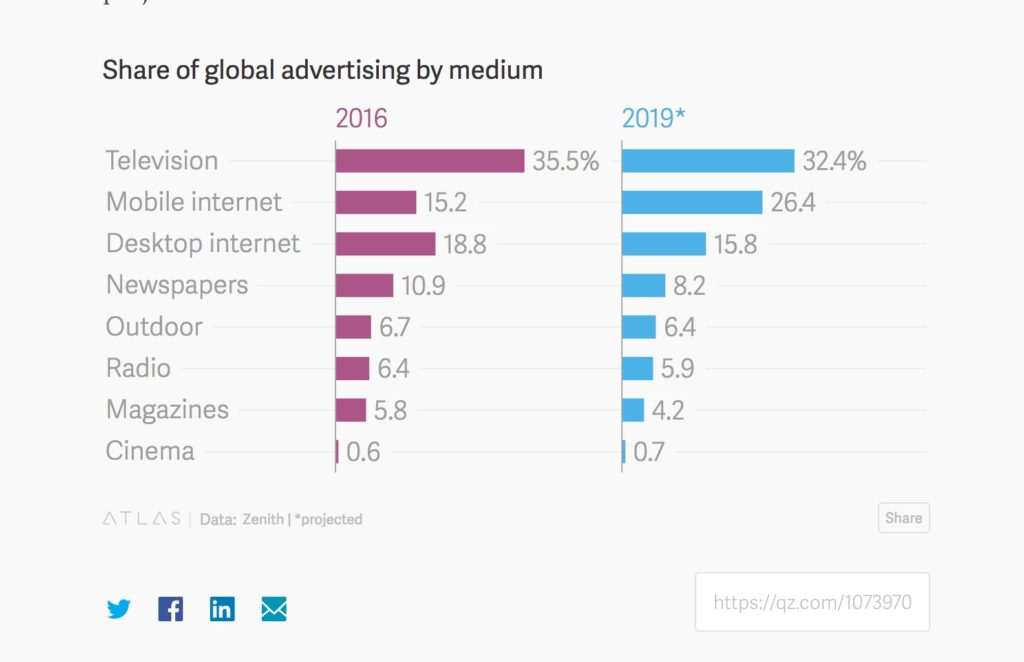Gillian Tett, who is now the US Editor of the Financial Times, was trained as an anthropologist (which may be one reason why she spotted the fishy world of Collateral Debt Obligations and other dodgy derivatives before specialists who covered the banking sector). She had some interesting reflections in last weekend’s FT about data-driven campaigning in the 2016 Presidential election.
These were based on visits she had paid to the data-mavens of the Trump and Clinton campaigns during the election, and came away with some revealing insights into how they had taken completely different views on what constituted ‘politics’.
“Until now”, she writes,
”whenever pollsters have been asked to do research on politics, they have generally focussed on the things that modern western society labels ‘political’ — such as voter registration, policy surveys, party affiliation, voting records, and so on”. Broadly speaking, this is the way Clinton’s data team viewed the electorate. They had a vast database based on past voting patterns, voter registration and affiliations that was much more comprehensive than anything the Trump crowd had. “But”, says Tett, “this database was backwards-looking and limited to ‘politics’”. And Clinton’s data scientists thought that politics began and ended with ‘politics’.
The Trump crowd (which seems mainly to have been Cambridge Analytica, a strange outfit that is part hype-machine and part applied-psychometrics), took a completely different approach. As one of their executives told Tett,
”Enabling somebody and encouraging somebody to go out and vote on a wet Wednesday morning is no different in my mind to persuading and encouraging somebody to move from one toothpaste brand to another.” The task was, he said, “about understanding what message is relevant to that person at that time when they are in that particular mindset”.
This goes to the heart of what happened, in a way. It turned out that a sophisticated machine built for targeting finely-calibrated commercial messages to particular consumers was also suitable for delivering calibrated political messages to targeted voters. And I suppose that shouldn’t have come as such a shock. After all, when TV first appeared, all of the expertise and resources of Madison Avenue’s “hidden persuaders” was brought to bear on political campaigning. So what we’re seeing now is just Mad Men 2.0.



